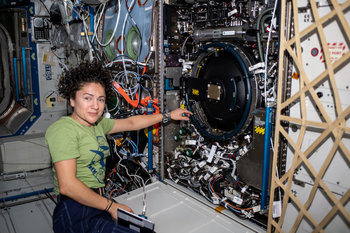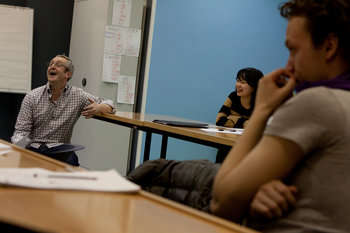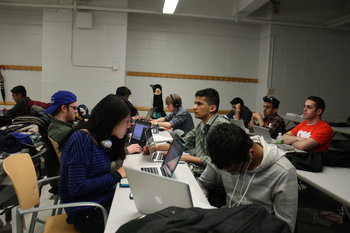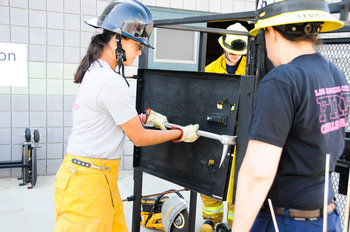
Agency
Growth mindset can be described as high agency whereby an individual believes they control their future. For example, a student who believes they can achieve very high marks in any subject they devote their efforts towards.Effort
Growth mindset theory suggests that individuals who believe talent can be acquired will tend to work harder than fixed mindset individuals who may be prone to a defeatist attitude.Overconfidence
A growth mindset is commonly presented as leading to high engagement, commitment and an open-minded attitude. This doesn't account for the large number of behavioral variations found in the real world. For example, an overconfident student will certainly have a growth mindset but may not be open-minded or committed to studying.Challenges
Individuals with a growth mindset are more likely to answer questions, take on ambitious assignments and challenge ideas.Resilience
A growth mindset is conductive to resilience whereby an individual may view challenges and failures as solvable. For example, a student who works harder after a poor test result such that their next result is far higher. This can be contrasted with a student with low resilience who may give up after a poor test result.Critical Feedback
The theory of fixed and growth mindsets portrays those with a growth mindset as open to critical feedback such that they use knowledge of performance and knowledge of results to improve. It is also possible to imagine a student with a growth mindset who works hard on assignments but isn't receptive to negative feedback.Failure is Not an Option
A growth mindset may have a dark side whereby a student adopts a failure is not an option approach to a pursuit where they lack aptitude. This can cause a student to invest their energies into goals that may never be realized. In this case, a student with a fixed mindset may actually outperform if they have invested all of their energies into pursuits where they demonstrate greatest aptitude and interest.| Overview: Growth Mindset | ||
Type | ||
Definition | The belief that talent and ability are acquired with hard work and persistence. | |
Attributed To | Carol Dweck from the book Mindset: The New Psychology of Success. | |
Related Concepts | ||



























